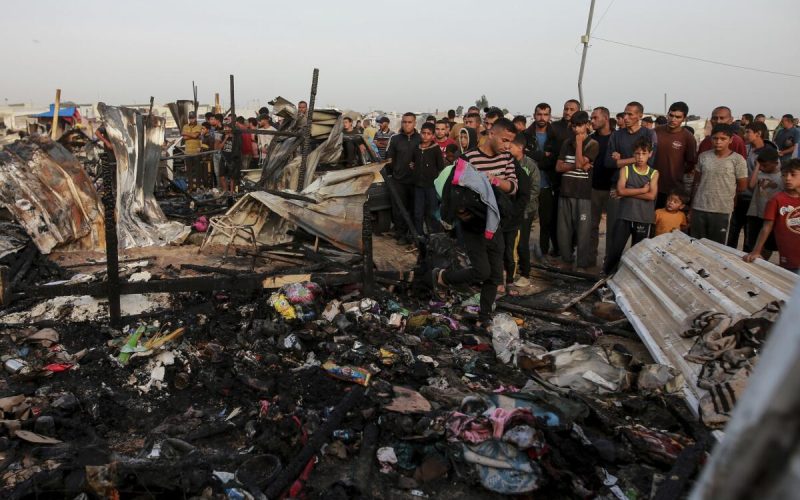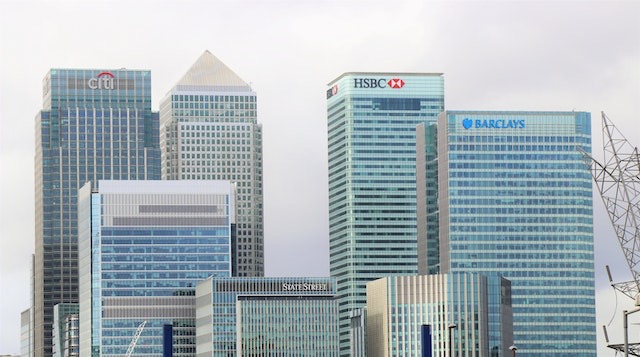In the ongoing Israeli-Palestinian conflict, the recent strike on the Rafah camp in Gaza by the Israeli military has ignited a wave of condemnation from various quarters. The attack, which resulted in significant civilian casualties, has intensified international scrutiny of Israel’s military actions and raised questions about the proportionality and legality of its tactics. This article aims to delve into the circumstances surrounding the strike, examine the reactions it has elicited, and analyze the broader implications for the conflict.
The Rafah Camp Strike: Context and Fallout
The Rafah camp, located in the southern Gaza Strip, has long been a focal point of the Israeli-Palestinian conflict. Home to thousands of Palestinian refugees, the camp has endured decades of hardship due to its proximity to the border with Israel and its frequent targeting during military operations.
The recent strike on the Rafah camp occurred amidst heightened tensions between Israel and Hamas, the militant group governing the Gaza Strip. Israeli authorities claimed that the strike targeted Hamas militants who were launching rockets into Israeli territory. However, the attack resulted in a significant number of civilian casualties, including women and children, drawing widespread condemnation.
International Condemnation and Response
The strike on the Rafah camp has sparked condemnation from the international community, with many nations and organizations denouncing Israel’s actions as disproportionate and indiscriminate. The United Nations, European Union, and various human rights groups have called for an immediate ceasefire and an independent investigation into the incident.
Several countries, including traditional allies of Israel, have expressed concern over the civilian casualties and called for restraint in the use of force. The United States, while reaffirming its support for Israel’s right to defend itself, has urged all parties to avoid actions that escalate the violence and endanger civilian lives.
Implications for the Conflict
The strike on the Rafah camp and the ensuing condemnation have significant implications for the Israeli-Palestinian conflict. Firstly, it has further strained relations between Israel and the international community, particularly with regards to its military actions in Gaza. The disproportionate use of force and the high civilian death toll have reinforced perceptions of Israel as an aggressor in the eyes of many.
Moreover, the strike has underscored the urgent need for a peaceful resolution to the conflict. The cycle of violence perpetuated by such incidents only serves to deepen the suffering of civilians on both sides and prolongs the cycle of retaliation and retribution. The international community must redouble its efforts to facilitate dialogue and negotiation between Israel and the Palestinians, with the aim of achieving a just and lasting peace.
Analysis Table:
| Aspect | Analysis |
|---|---|
| Military Justification | Israel claims the strike targeted Hamas militants, but the high civilian casualties raise questions about the proportionality of the attack. |
| International Reaction | Condemnation from various nations and organizations reflects growing concern over Israel’s actions in Gaza. |
| Humanitarian Impact | The civilian death toll highlights the devastating impact of the conflict on innocent lives and communities. |
| Diplomatic Implications | The strike has strained Israel’s relations with the international community and reinforced perceptions of its military actions as unjust. |
Comparative Table:
| Aspect | Israel’s Position | International Community’s Response |
|---|---|---|
| Military Justification | Emphasizes targeting militants to protect Israeli citizens. | Raises concerns about proportionality and civilian casualties. |
| Humanitarian Impact | Acknowledges civilian casualties but blames Hamas for using human shields. | Condemns civilian deaths and calls for protection of Palestinian civilians. |
| Diplomatic Implications | Asserts right to self-defense but faces growing isolation over military tactics. | Calls for restraint, ceasefire, and resumption of peace negotiations. |
Conclusion
The strike on the Rafah camp represents a tragic escalation in the Israeli-Palestinian conflict, with far-reaching humanitarian and diplomatic ramifications. As the international community condemns Israel’s actions and calls for accountability, there is a pressing need for all parties to prioritize dialogue and negotiation to end the cycle of violence and pave the way for a just and lasting peace in the region.











